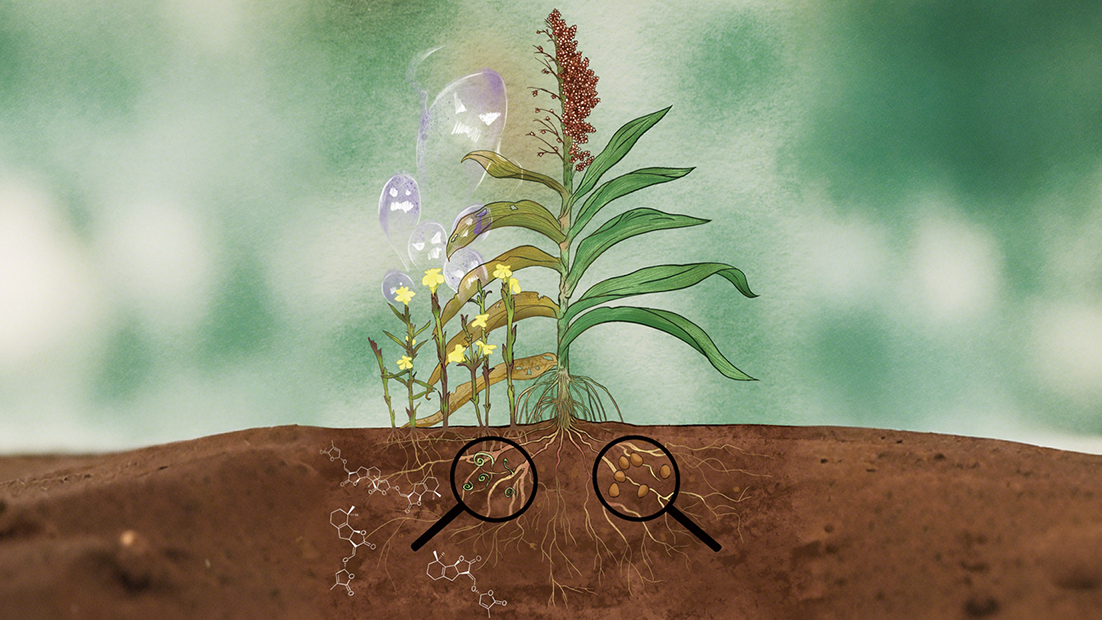Researchers from the Institute of Genetics and Developmental Biology (IGDB) of the Chinese Academy of Sciences, with collaborators, identified two sorghum genes (SbSLT1 and SbSLT2) that block Striga—a parasitic plant, also known as “witchweed,” that causes $1.5 billion annual losses in Africa by draining crop nutrients. Published in Cell (February 12, 2025), the study shows that these genes regulate strigolactones (SLs), hormones sorghum releases to attract beneficial fungi but also trigger Striga germination. Editing the genes reduced SL secretion by 67% to 94%, starving Striga and cutting field infestation. The team also pinpointed a conserved amino acid in SL transporters across maize, rice, and tomatoes, enabling broad resistance breeding. In trials, gene-edited sorghum reduced yield loss by 49% to 52% in Striga-prone regions like Africa and Asia. This new finding offers a global strategy to engineer parasite-resistant crops, with ongoing tests in maize and tomatoes poised to boost resilience in vulnerable farmlands.

Silencing “Witchweed” (split image): Left—Striga, a parasitic plant nicknamed witchweed that drains nutrients and slashes harvests;
right—gene-edited sorghum reduces strigolactone (SL), lowering Striga germination and mitigating yield loss. (Graphic: XIE Qi)

